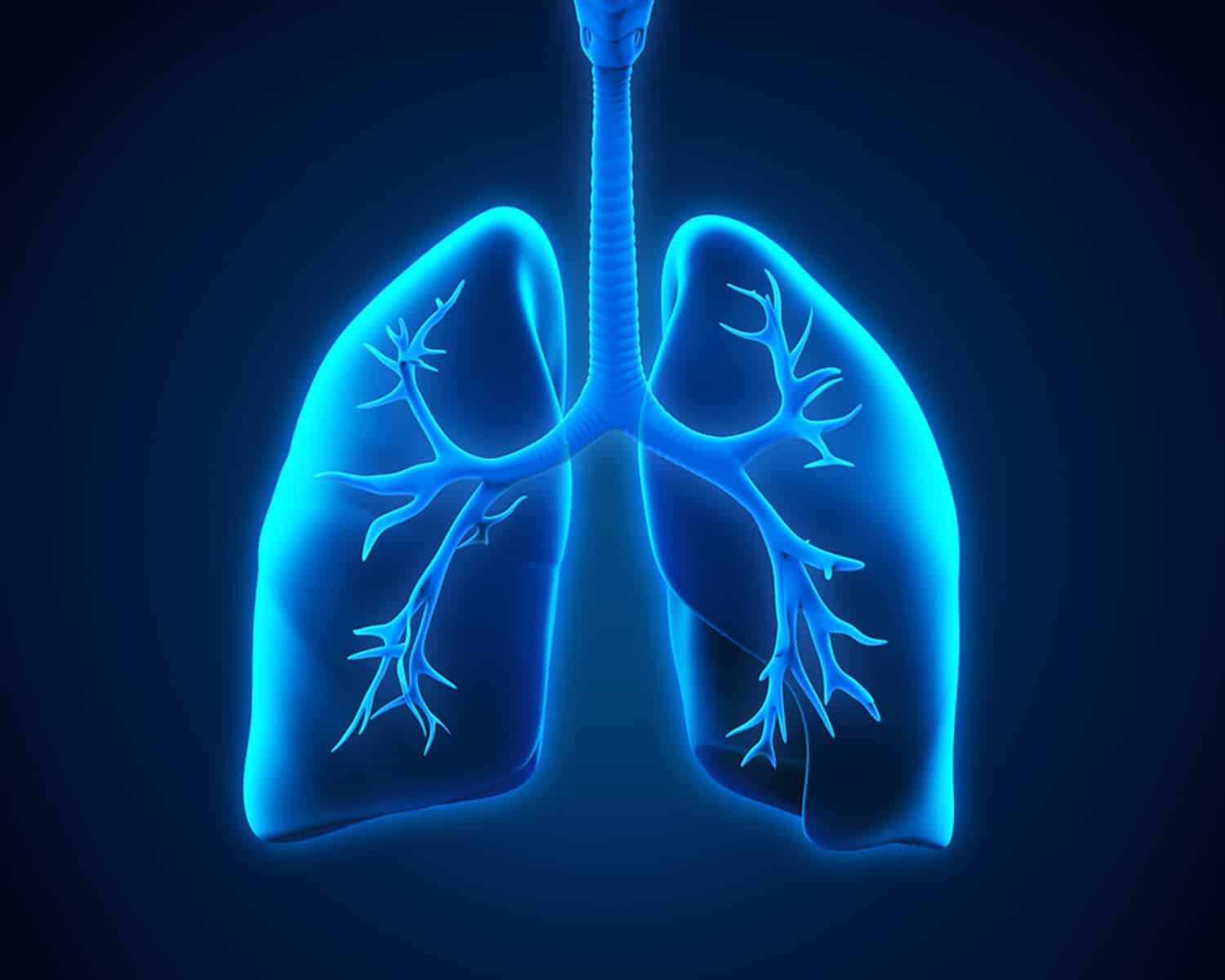ARDS stands for acute respiratory distress syndrome. It happens when alveoli in the lungs fill with fluids. When this occurs, the lungs cannot fill up with enough air, so tissues become oxygen-deprived. ARDS may affect seniors who have severe medical conditions.

What Causes ARDS?
ARDS occurs when fluid seeps out of the small blood vessels in the lungs and flows into the alveoli, which are air sacs where blood oxygenation occurs. In a healthy body, there is a protective membrane around the blood vessels that holds fluid inside. When a person develops ARDS, the membrane has been damaged. The damage is typically caused by an underlying illness or an injury. Some things that may lead to ARDS are:
Sepsis: This is the most common cause of ARDS. It is a severe infection in the bloodstream.
Inhaling Dangerous Substances: People who breathe in a lot of dangerous substances, like smoke or chemical fumes, may suffer from ARDS. It can also happen after a near-drowning or if vomit is aspirated.
Pneumonia: When pneumonia is particularly bad and affects all 5 lobes of the lungs, ARDS may occur.
Injury: Injuries that affect the head, neck, or chest, like a bad fall or a car accident, can lead to ARDS.
Coronavirus: People with a severe case of COVID-19 may develop ARDS.
What Are the Symptoms of ARDS?
The symptoms of ARDS vary depending on severe it is. Symptoms may include:
- Severe shortness of breath.
- Breathing is labored and rapid.
- Low blood pressure.
- Confusion.
- Extreme fatigue.
What Happens After ARDS?
Many people don’t survive ARDS, but thanks to new treatments, that is changing. However, people who do recover may have long-lasting problems, including:
Breathing Issues: In some cases, people who survive ARDS have breathing problems that never go away.
Depression: After having ARDS, many people suffer from depression for a time.
Cognitive Problems: ARDS can lead to some memory loss and trouble thinking. These can be caused by a lack of oxygen and sedatives used during ARDS treatment. For some people, these symptoms eventually go away, but for others, they do not.
Fatigue and Weak Muscles: Spending a long time in the hospital during treatment can cause muscles to get weaker and the person may feel tired during recovery.
If your aging relative has suffered from ARDS, they would benefit from home care after being released from the hospital. A home care provider can allow them to rest while taking care of household duties and preparing meals. Home care providers can also remind the senior to take medications the doctor may have prescribed for continued treatment. In addition, a home care provider can help the elder adult to navigate cognitive problems, keeping them safe and reminding them of appointments and events.
If you or an aging loved-one are considering hiring Homecare in Mesa, AZ, or anywhere in the East Valley, please contact the caring staff at Legacy Home Care.
Call (480) 777-0070
Sources
https://www.mayoclinic.org/
https://www.lung.org/
https://www.nhlbi.nih.gov/
Legacy Home Care has been serving the valley since 2007. We are family owned and operated with over 75 caregivers. We offer a customized care plan that includes services such as: Hourly Senior Home Care, 24-Hour Home Care, Dementia Care, Personal Care and Companion Care. Also ask us about our Veterans' Home Care program.
- How to Cope with a Family Member Living with Dementia? - April 8, 2025
- Health Dangers of Stress for Seniors - March 20, 2025
- Why Companion Care Is Great For Seniors Living At Home - March 7, 2025



